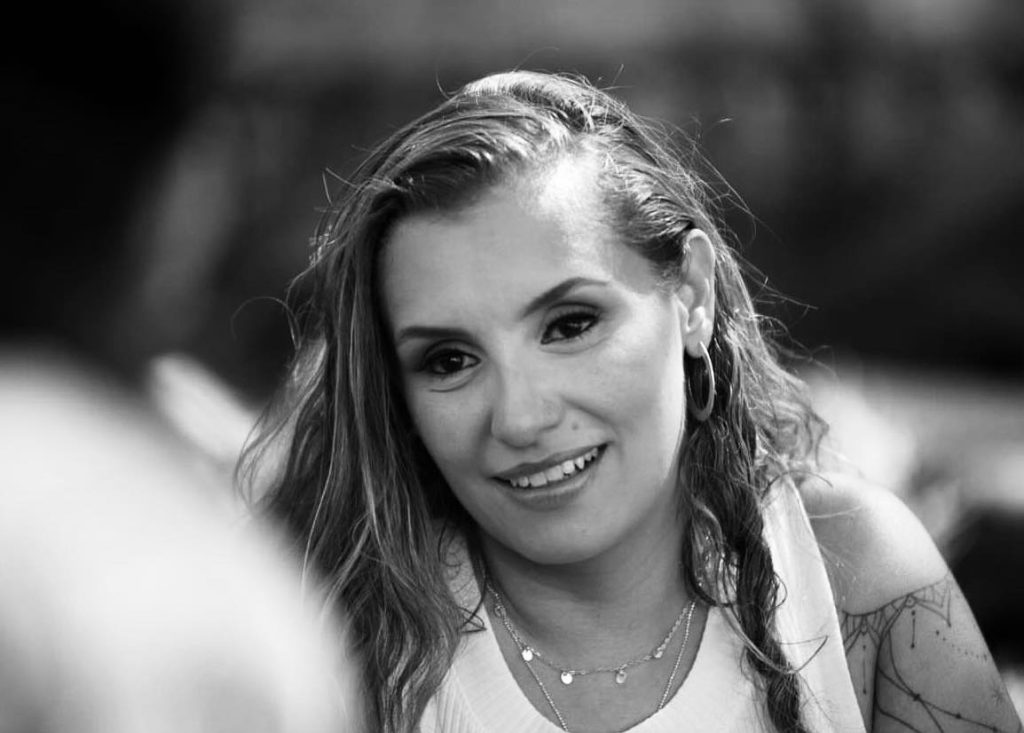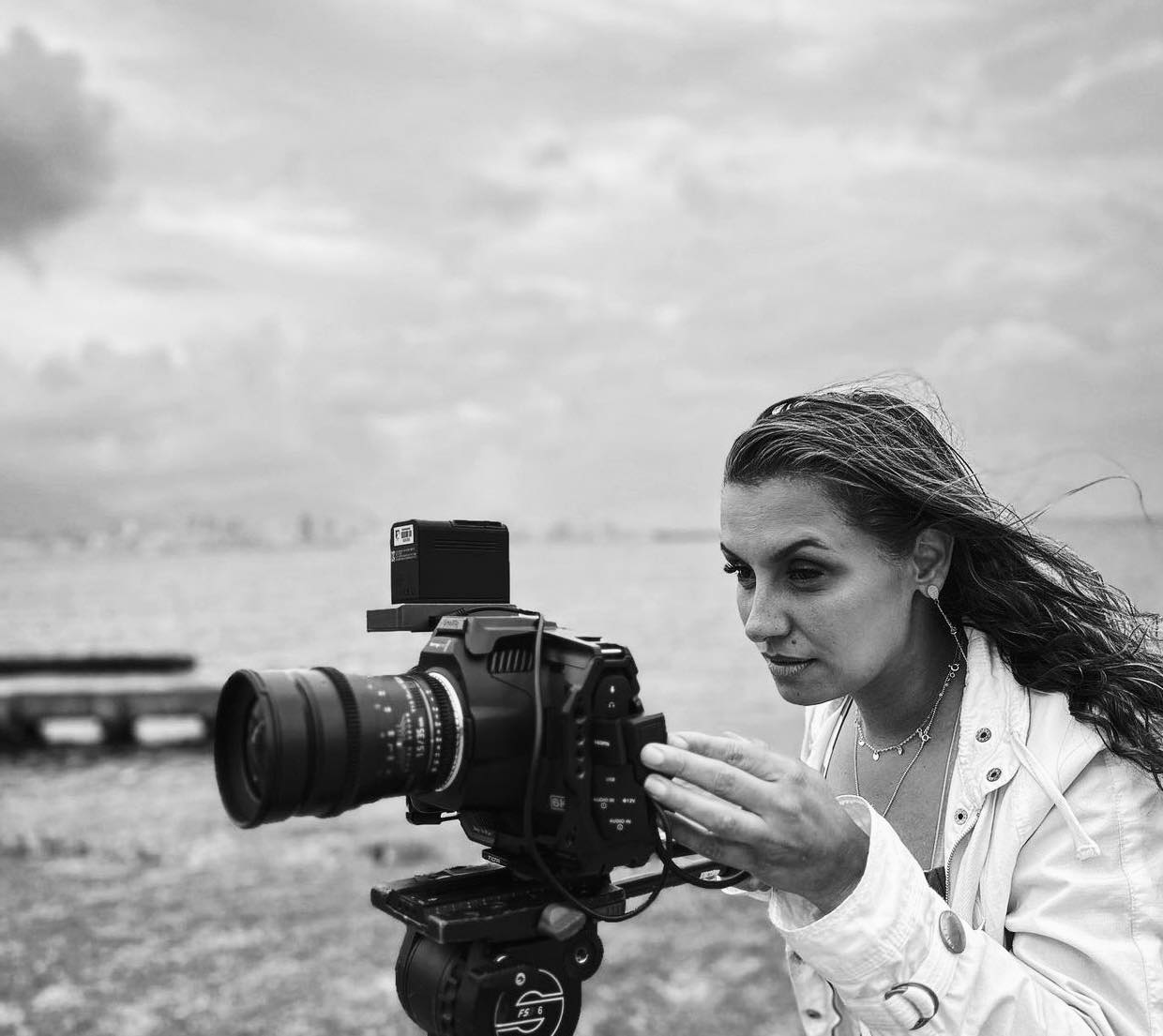
-Who is Sabrina Bogado?
Sabrina bogado is a Film Director, executive producer and scriptwriter from Brazil. She is a mother of Iara and Lucas, two teenagers, and works for the Media industry for over 25 years. She owns Levante Films. a female producer who has been in Brazil for 18 years making animation, documentaries and fiction.
-What has been the greatest difficulty you faced in producing your project?
Making films as a South American woman is always a challenge. not only facing political and economic instabilities, but also due to relationships with the feminine such as motherhood. Of course, overcoming all is about the passion and love for cinema, that made me build a solid company like Levante Filmes is. At this moment I’m filming the most challenging project I’ve ever made. First of all, because I have been work on it for almost all my life. “Behind the story” is a documentary about the founder of Copa Libertadores, who was a secret police officer in Brazil until the Second World War and who was my great-grandfather. I grew up listening to my grandmother’s stories about him and have been investigating the character for over 20 years. Directing a film that I am emotionally attached to is undoubtedly fascinating and frightening at the same time.

-Do you think the film industry today has been damaged by political correctness?
Ethics has been discussed since ancient Greece. But the commitment of its expression is born and developed throughout the individual’s life. No one should demand political correctness if human nature was committed to this attitude. It would only be natural. And I am talking about ethos, not moral because moral is learned. Cinema is a very completed art, it lets almost all senses to be used during your spectator experience. So, the nature of the film speeches often becomes very evident. Any forced attempt at values ends up becoming too clear for those who have a critical sense. And finally, the exhibitions and narratives becomes also a thermometer and a document about generational positions and the ethics of individuals who produced them. So, I don’t think you can force political correctness, but calling attention to these singularities allows the perception of others to be refined. A plural, diverse, democratic narrative should be natural for those who respect and made art. Any attempt to force it will always highlight the fragility of the act and the film itself.

-What was the greatest source of inspiration for creating your project?
The life. The experiences I live, the relationships that i have been stablished with people and mainly the exercise of empathy about those situations of social and cultural fragility and peculiarity. I believe that making films is giving the opportunity to produce a sensitive point of view for different cultures and I always tried to compromise the most faithful way Possible to the realities I have experienced, primarily when we talk about different realities that not everyone has access to known and experienced.

-If you could ask a question to a great director from the past, who would you like to talk to and what would you ask them?
I always wanted to ask Tarkovsky the secret of sustaining such long and at the same time so expressive silences in his films. But maybe even he couldn’t give me that answer.

